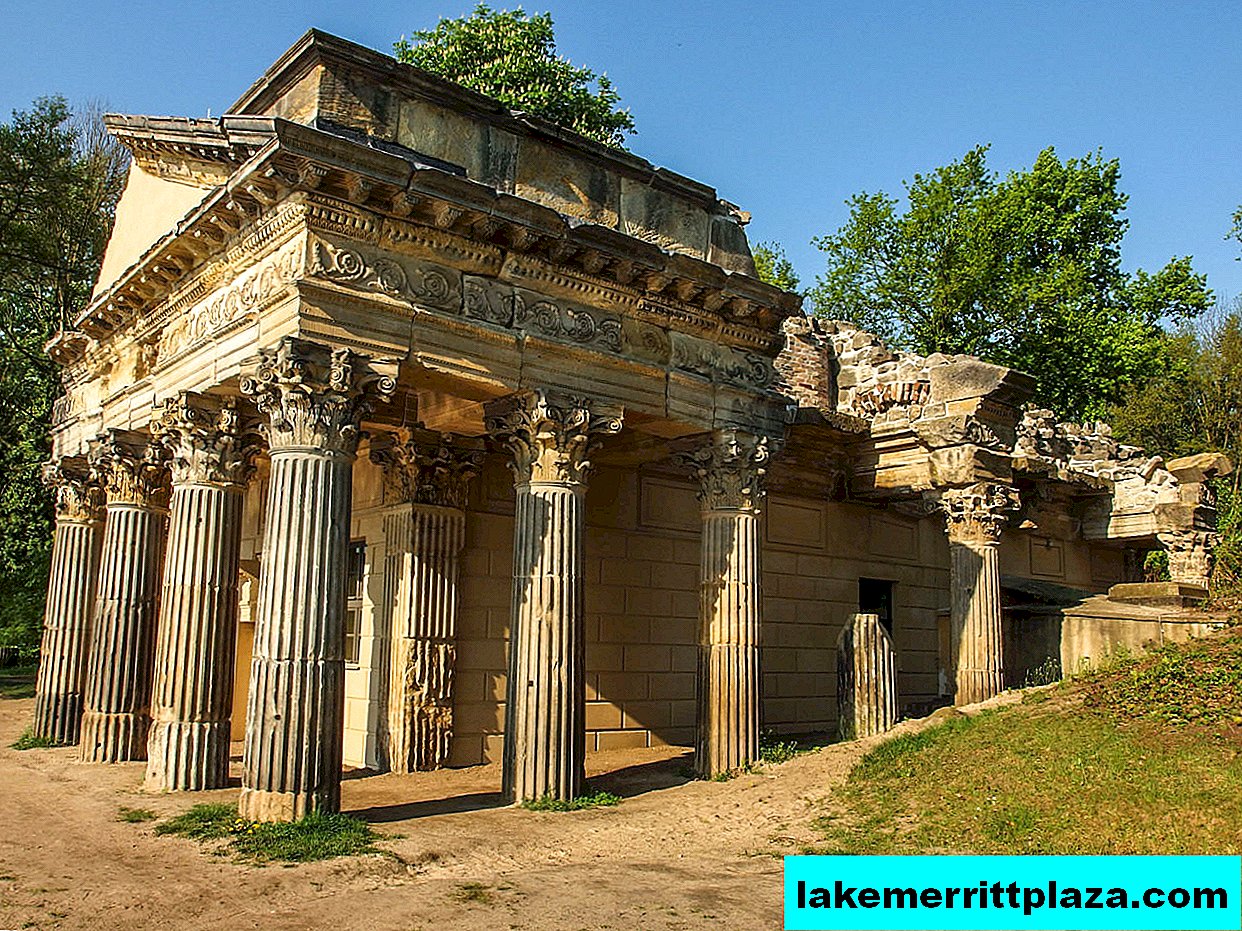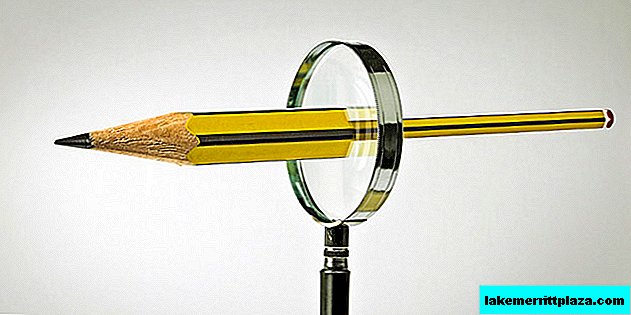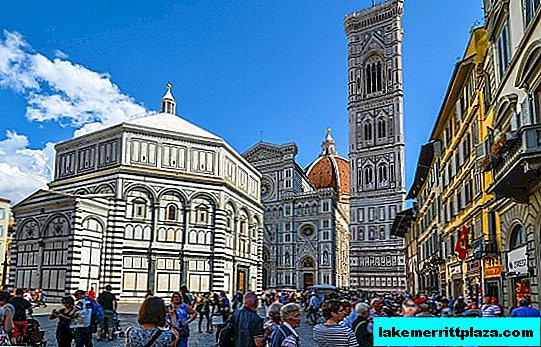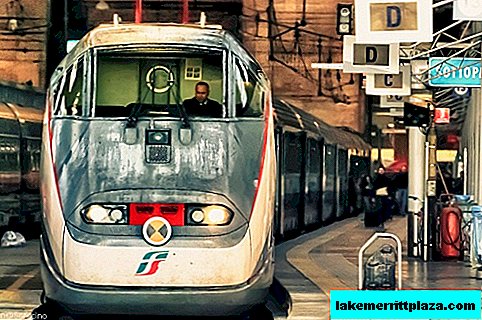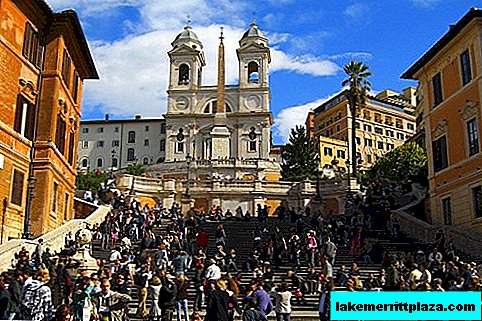A city in shades of terracotta, Bologna is one of the most interesting on the Apennine Peninsula. The capital of the region Emilia-Romagna has something to captivate an inquisitive tourist. If you are in transit, BlogoItaliano has prepared a short route for you with the main places worth seeing in Bologna on your own in 1 day. In order to get around them, you only need time and desire.
From Bologna Central to Piazza Maggiore
It is most convenient to start acquaintance with Bologna from the central station of the city of Bologna Centrale, considered one of the main railway junctions in all of Italy. With your back to the main entrance to the station building, turn left confidently and follow Viale Pietro Pietramellara until September 20 (Piazza XX Settembre).
The square smoothly flows into the main city street - Independence - Via dell'Indipenza, which stretches almost a kilometer to the central square of Maggiore.

Piazza Maggiore - the main square of the city
Via dell'Indipenza has dozens of boutiques and shops, so shopping fans will definitely be delighted. In some ways, even the Roman Via del Corso is inferior to her.
The first stop on the way is St. Peter's Basilica. Be sure to go inside to admire the magnificent decoration of one of the most important temples of Bologna.
The arches of the central nave are decorated with frescoes by Prospero Fontana, Marcantonio Franceschini, Ludovico Carracci and Donato Crete. And, of course, it is impossible to get past the sculptural composition "Mourning the departed Christ" by Alfonso Lombardi. It is amazing how elegantly and subtly it is possible to embody the whole gamut of human emotions in stone.

The temple is dedicated to the patron saint of Bologna - St. Petronius
Having examined the halls of the cathedral, go up to its bell tower: the panorama of the city from a height of 70 m is a very bewitching sight. Entrance to the observation deck costs 2 euros. True, she works only on Saturdays. You can enter the cathedral quite freely every day, with the exception of religious holidays and divine services.
Very close to San Pietro Cathedral is Neptune Square, in the center of which stands the 16th-century sculpture of the same name crowning an intricate fountain.
This striking example of mannerism belongs to the hand of the sculptor Giovanni da Bologna or, as they called it, Giambolonier. And on the eastern side of the square you can see the Enzo Palace - the palace in which the King of Sardinia Enzo was imprisoned for 23 years.

Neptune Fountain of the 16th century (work of the Florentine sculptor Dzhambolony)
Walking a little further, you will find yourself on piazza maggiore - the main square of the city. On all sides it is limited by the old palazzo, from which the Palazzo del Podestà (1201) and the Palace of the commune of 1290 with the adjacent palazzo d'Accursio, where the municipality and the Morandi Museum are located, stand out.
But the main attraction of the square is Basilica of San Petronio - a grandiose building, built over two and a half centuries, but still not completed. The temple is dedicated to the patron saint of Bologna, St. Petronius, who once served here as a bishop.
According to the idea of the city authorities, the size of the temple should have even exceeded St. Peter's Basilica in the Vatican, but after the intervention of the pope, the Roman ambitions had to be moderated.
This basilica houses the oldest organ in Italy, created in 1475 by the Tuscan master Lorenzo di Giacomo.

Palazzo d'Accursio houses the municipality and the Museum of Morandi
From Piazza Maggiore to the towers of Asinelli and Garisenda
The next object worth seeing in Bologna, even if you are here on your own and for only 1 day, is the Archaeological Museum. It is located right next to the Basilica of San Petronio, so you won’t have to look for it for a long time.
The ancient settlements of the Etruscans were once located on the territory of Bologna, and all the finds discovered during excavations in the city and its environs are exhibited here.
In addition to the Etruscan artifacts, the museum also deserves attention and other collections: Egyptian, Greek, Ancient Roman, Gallic - a total of 8 sections.

Santo Stefano Plan repeats the structure of the Church of the Holy Sepulcher in Jerusalem
Literally 200 meters from the Museum is another significant city basilica. This is the temple of San Domenico, belonging to the Order of the Dominicans, in which the relics of its founder, St. Dominic, rest.
The next point worth paying attention to in Bologna is the temple complex Santo Stefano. It represents several churches and religious buildings connected together.
The plan of Santo Stefano repeats the construction of the Church of the Holy Sepulcher in Jerusalem, and this is one of the closest to its design incarnations in Europe.
Most of the buildings of the complex date back to the Middle Ages, although in modern times many reconstructions were carried out. The walls of the complex contain many ancient and unique cultural monuments: icons, sculptures, murals and Christian shrines. All this can be viewed for free.
What else you should definitely see in Bologna in 1 day is the medieval skyscrapers - the "falling" towers of Asinelli and Garisenda. From Santo Stefano they are easily accessible on foot along Via Santo Stefano of the same name.

From the observation deck on the Asinelli Tower, you can see the whole city
As now, in those days, real estate served as proof of solvency and high status, but as close to the city center as possible. True, in Bologna it was measured not so much by square meters, but by height.
Noble families, competing among themselves, built such towers throughout the city. Most of them could not stand the test for centuries and collapsed, but Azinelli and Garisenda are still standing, and the latter had to be shortened 3 times, until it actually fell.
By the way, Azinelli significantly overtook her famous Pisan sister - 97 meters versus 56 meters. If you are not afraid to overcome almost 500 steps, go up to the observation deck (3 euros) - it is simply impossible to think of a better place to contemplate the panorama of the city.
From the falling towers to the Pinacoteca National
Having caught our breath after a harsh rise, we will go further via via Zamboni to the alma mater of all Italy - University of Bologna, the oldest in Europe. And along the way, you can look into another remarkable basilica of San Giacomo Maggiore and admire the frescoes of the XV century. It is located on the right side of the street.

University of Bologna on the lists of the most prestigious universities in the world
Our independent route is nearing completion, and awakening nostalgia for the student years in our hearts, we will go to the place where they have been teaching the mind for almost 1000 years! Petrarch, Boccaccio, Dante, Copernicus - the greatest representatives of their eras were sitting on the benches of the University of Bologna. And today he continues to occupy a leading position in the lists of the most prestigious universities in the world.
The territory of the university is open to all comers, so without hesitation you can go inside and feel the atmosphere of this place, for someone carefree, and for someone - awesome and magnificent.
And now, inspired and enlightened, we will move to the end point of a walk through ancient Bologna. Back at via Zamboni, we’ll go a little further to Vittorio Puntoni Square, which houses the National Pinakothek.

The territory of the university is open to all comers
This art gallery is considered one of the best in Italy: its collection contains canvases of the most prominent representatives of the Bologna school of painting, and indeed world painting in principle: Giotto, Raphael, van Gogh, Rubens, Titian, Leonardo and others.
Finishing the day of a busy walk is best done with a colorful dinner in the style of "ala Bolognese". Still, not every Italian region has given the world as many culinary delights as the terracotta capital of the Emilia-Romagna region has managed.
Bologna Route BlogoItaliano
Of course, Bologna is much more interesting places and attractions than can be accommodated in the format of online articles. Moreover, the city has an amazing property to exceed the expectations of travelers.
In the capital of Emilia-Romagna, there is so little high-quality information in RuNet that most travelers miss the most interesting places, content with what they accidentally came across.

The art gallery is considered one of the best in Italy.
Therefore, having visited the city at the very end of 2017, BlogoItaliano could not resist the temptation to draw up the author’s detailed itinerary of an independent excursion in Bologna for 1 day, so that you can get the most out of your trip without spending money on expensive excursions.
Here is what you will find inside:
- Ready 1-day turn-by-turn route covering 16 main sights of Bologna
- Interactive route map in Google Maps and tags for maps.me to add a route to your smartphone and use without the Internet
- A PDF version of the route that you can simply print and take with you
- Observation decks along the way so you have cool photos
- Detailed mode of operation of the main attractions on the route
- Little-known "chips", which most tourists pass by unknowingly
- What to try in Bologna with food and where it is better to do
- Where to go to organize an atmospheric evening in Bologna
The Italian guides to whom we showed the route rated it at 40-50 Euros. And such a price would be justified given the cost of the on-site tour.

The city in shades of terracotta is rich in attractions
But our goal is not to make money on the route, but to make it as accessible as possible so that as many people as possible can discover the richest sights of Bologna.
Therefore, we decided to make the price of the Route even lower than the average cost of two cocktails in Italy. So get your version right now, while it is so accessible.
Make an order at this link and an exciting trip to Bologna.


